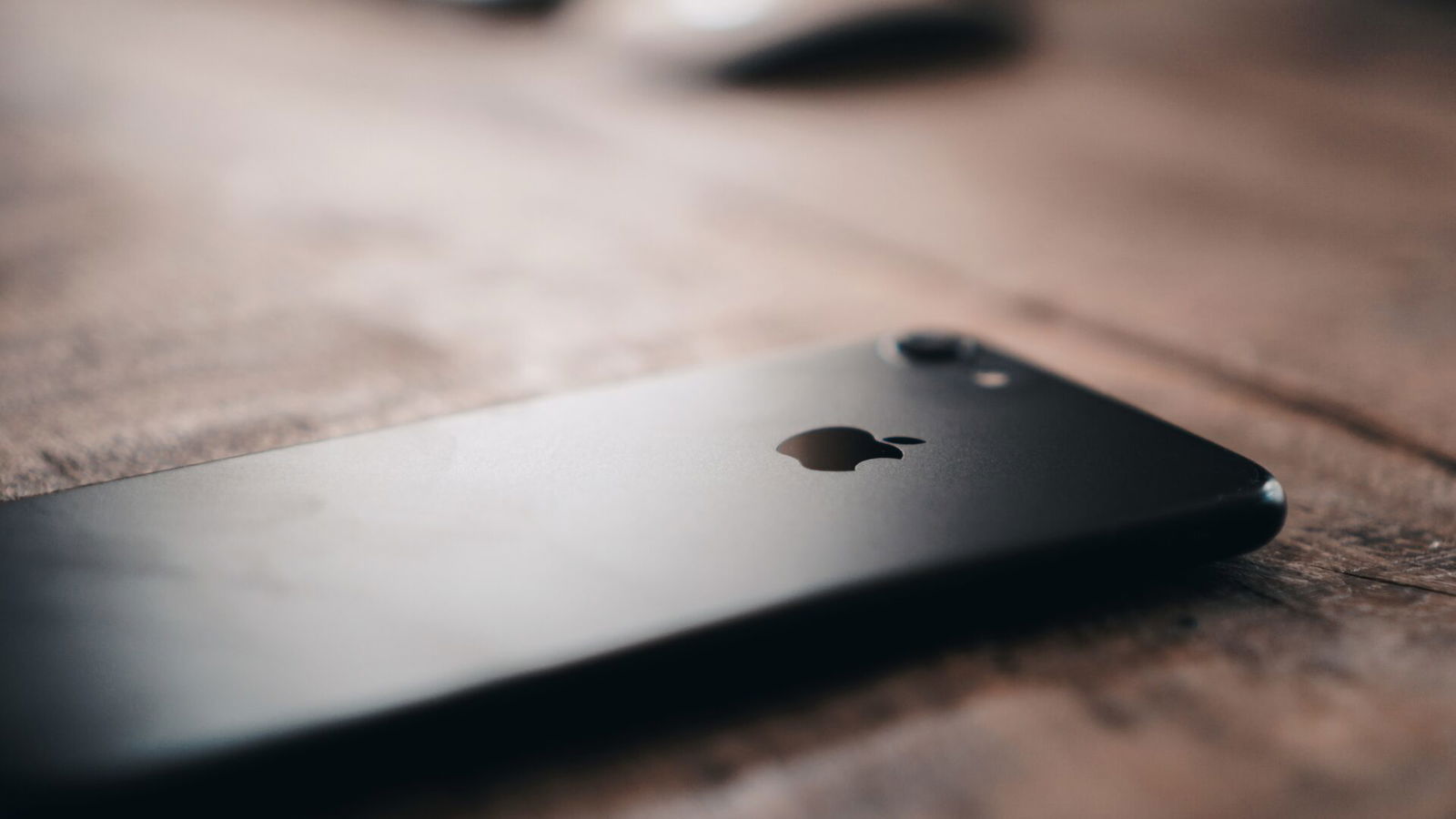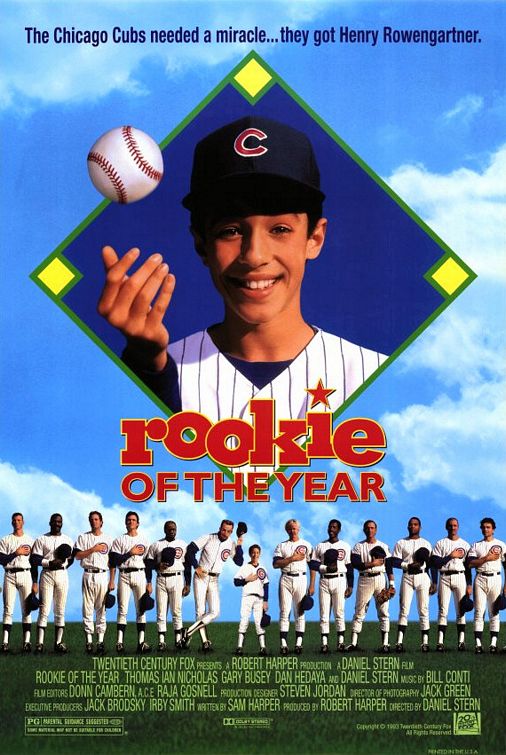
How Giving Up Screens for 7 Weeks Changes Your Brain and Your Relationship With God
By Movieguide® Contributor
Giving up all screens for seven weeks might seem impossible, but for author Carlos Whittaker, it was necessary.
“For some reason, this one particular Sunday, I decided to do the math. I don’t know why, I was like, let me just do the math. So the math told me that I spend 49 hours a week on my phone. So I was like, okay, that’s two entire cycles of the sun. But wake time, that’s like four days, right, so like I’m not counting sleeping…” Whittaker told the Dr. John Delony Show. “So then I was like, that’s kinda crazy, so then I kept doing the math and the math showed 100 days a year, so [for] over three months a year I’m looking at my phone.”
“Then I did one more equation, and it showed that if I lived to be 80 some odd years old — and at that time I was 48 — I will lose over 12 years of my life looking at a screen, and that was my tipping point,” he continued. “That was the point for me where I was like, okay, I don’t want to lose a decade of what I have left staring at this stupid thing.”
Whittaker decided he would give up his phone and screens entirely for seven weeks to see the impact it had on his brain and his life. At the start of the experiment, he had a scan of his brain done so he could see the difference at the end. Then he spent two weeks with a Benedict monastery and two weeks with an Amish family before spending the final three weeks with his family.
He told Fox News the digital detox resulted in “four days of panic” at the beginning as he experienced “panic attacks, night sweats, heart palpitations [and] jitters.” But on day five, “It literally felt like an elephant stepped off my chest and I could breathe again.”
Whittaker, an evangelical Christian, said his time in the monastery taught him a valuable lesson.
“What I learned from the monks is that every day, I had multiple opportunities to lower the volume of life and slow down — and when you lower the volume of life, the volume of God goes up,” he said.
READ MORE: EXCESSIVE SCREEN TIME LINKED TO LOWER COGNITIVE FUNCTION, STUDY FINDS
Finally, the seven weeks were up, and when he returned to get the second brain scan, the results were amazing.
“My cerebellum healed, [the doctor said] years, in a period of seven weeks. He’s like, I see traumatic brain injuries and I see healing, so I can see a lot of healing,” Whittaker said. “But the kicker was my cognitive memory score… My memory went from the 50th percentile of adult men in America to the 99th percentile. There was only 1% of men with a better memory than me when we finished this experiment. So that is profound in a country where cognitive decline it taking everything from us.”
He decided to share his journey through his book Reconnected and a documentary of the same name. His goal? To help others find the same freedom and joy in life away from screens that he discovered.
“We miss being who God created us to be,” he said of always being connected. “I don’t think our souls or our psyches were created with that capacity to know as much as we know. I think we miss wondering…Questions lead to more questions, which I think leads to creativity. We should all maybe know a little less, and we’ll human a little more.”
Whittaker’s testimony only reinforces the numerous studies into the negative effects of high amounts of screen time. While many Americans now understand just how detrimental their screens are, his story provides hope that in only two months, we can get ourselves back on track.
READ MORE: SCREEN TIME LIMITS AREN’T JUST FOR KIDS — PARENTS NEED THEM TOO
Questions or comments? Please write to us here.


 - Content:
- Content: 

